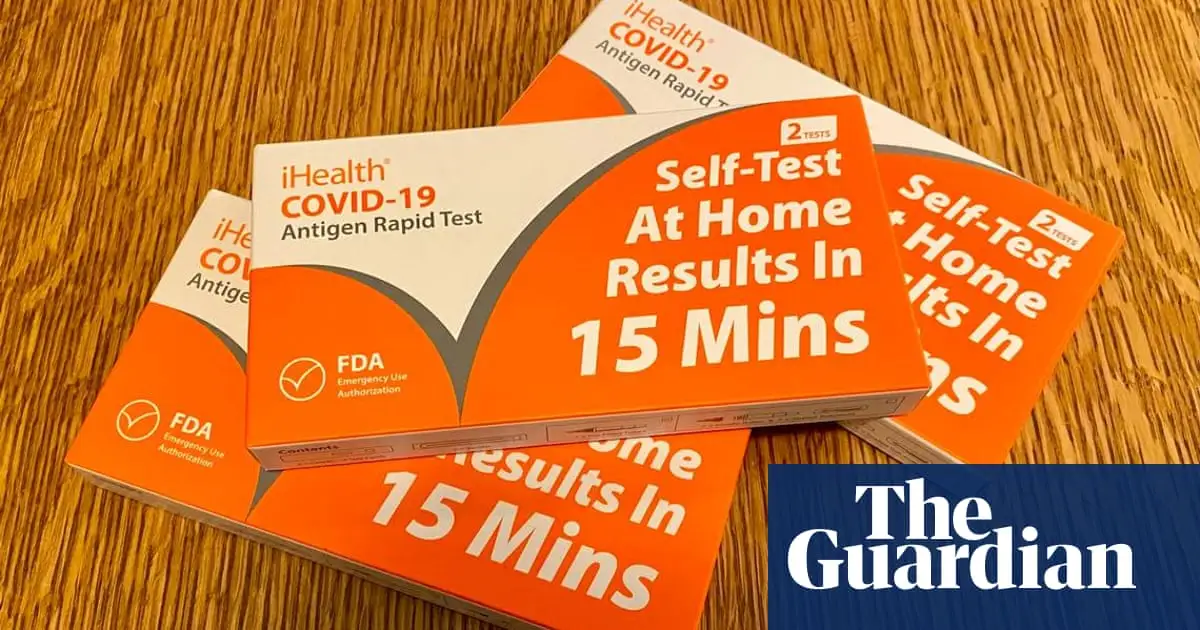Summary
Covid cases are surging across the U.S. post-holidays, with rising test positivity, hospitalizations, and deaths, while booster uptake remains low.
Only 21.4% of adults and 10.3% of children have received the latest booster, leaving vulnerable groups, including the elderly, at higher risk.
Experts warn of continued dangers from Covid, including long Covid and economic impacts, as the virus has not yet reached an endemic state.
With uncertain federal priorities, researchers stress the importance of monitoring infections, updating vaccines, and using preventive measures to mitigate future waves.



It just seems like another flu at this point. Which is why nobody cares
Nobody caring is the real problem. The flu is a problem as well.
I meant more that people care about it as much as other seasonal stuff
You might be right that it “seems” like that and that nobody cares, but it’s pretty terrifying IMO.
The symptoms, severity, and duration of long-COVID really suck.
There’s a growing body of research suggesting that long-COVID causes a significant reduction in brain tissue.
It’s one of those things were if you’re unlucky enough to get long covid and unlucky enough to get something severe out of it it really sucks, but also vast majority aren’t that unlucky so most aren’t that terrified of it.
And with how seemingly up to chance getting the whole covid is to begin with, it’s not something people are actively afraid of, imo for a reason since not much you can do, other than getting boosters maybe but even that doesn’t guarantee anything.
It’s absolutely fine if you and others aren’t concerned.
However, the study I linked says that more than 10% of Covid patients develop long covid. Of those cognitive impairment is measurable 141 days post-infection on average, and 26% show impairment after 9 months. We’re really not talking about a small portion of a small portion.
As discussed in the other publication I linked, the best way to mitigate your risk is with vaccinations.
The more recent studies I’ve found (from 2024 or so) have put the risk much lower than 10%. The risk was much higher early on and has got much smaller over time. Not to mention the by far most common symptom was fatigue or dry cough lasting for a short time. Which, after having been sick, yeah.
It’s understandably not a risk that keeps many people up at night. At least not more than say influenza A, that can cause seizures and shit. Not at all often, which is why it doesn’t really worry people, unless they’re otherwise at heightened risk.
I had forgotten why I don’t get involved in discussions about COVID.
It’s s topic that can definitely be upsetting to some.
I’m not upset, thanks.
Oh I thought because of what you said earlier
Yeah long flu is such a bastard
First time it sucked, I had my throat really sore for some days. Second time it was less severe than my regular flu though.